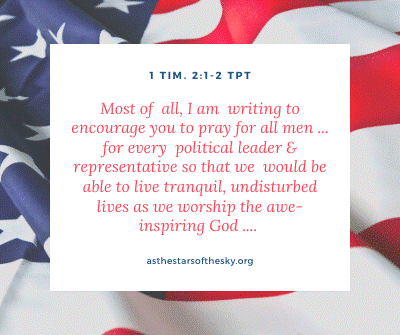As a parent raising two sons, I used rewards to help motivate them to do I what I believe needed to be done. I reasoned at the time that rewards were proper means to an end. The “rewards” system did not always work and in some instances, turned out to be more of problem than an effective solution or inducement. As I have matured as a parent and seen parents give, in my opinion, too many rewards, I wonder whether we have misused and abused the “rewards” system. I would like to share with you what John Rosemond, the “Parent Guru”, and author, psychologist and parent educator Robin Grille have to say on this subject, which I find to be very enlightening.
Mr. Rosemond responded to a question posed to him about giving a child “prizes” or rewards just to have the child obey a parent’s request, in this case, to dress nicely to attend church and stop whining and moping about it. He stated:
It should go without saying (but it seems that when it comes to child rearing, nothing goes without saying these days) that children should be taught do the right thing — in this case, obedience to parental instructions — simply because it is the right thing to do. Another way of saying the same thing: Children need to learn that good behavior is its own reward.
He further talks about the short-term achievements that rewards give and get, and that researchers are finding that rewards are not good for the long-term. In the online article Rewards and Praise – The Poisoned Carrot, Ms. Grille reached a similar conclusion:
Rewards work well for getting children to do something that they don't naturally want to do, for the short-term only. This immediate behavior change rewards us, and keeps us addicted to rewarding. The negative consequences of rewards and praise don't materialize until later, so we fail to recognize rewards and praise as the culprit.
Another important point made by Ms. Grille is that many children learn how to manipulate and become “superficially compliant”, doing just what it takes to get the reward and often honesty suffers. With my sons, I learned that I could not just ask them “to clean their rooms” for their rewards but had to be specific about what needed to be done. Exactly what is meant by “clean”? Often, they would do minimal work and then expect a reward. If none was forthcoming, complaints and arguments ensued.
I agree with many of Mr. Rosemond’s and Ms. Grille’s conclusions and if I had to do it over again, would not give rewards as often as I did for certain things. But, as a parent, it is up to you to decide what is best.
To read the entire articles and more on the subject, please visit the following:
https://lacrossetribune.com/lifestyles/relationships-and-special-occasions/john-rosemond-children-need-to-learn-that-good-behavior-is-its-own-reward/article_b456455c-6921-50d1-ac43-1dc2e066f67d.html
https://www.naturalchild.org/articles/robin_grille/rewards_praise.html
https://www.psychologytoday.com/us/blog/brain-trust/201604/heres-how-rewarding-good-behavior-leads-bad-behavior



